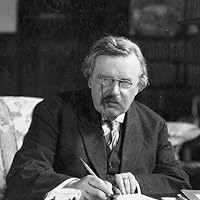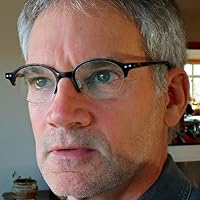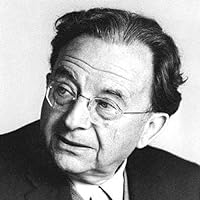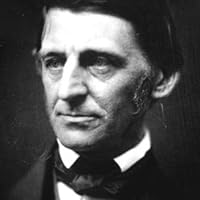Personal Autonomy Quotes
Quotes tagged as "personal-autonomy"
Showing 1-9 of 9

“Most modern freedom is at root fear. It is not so much that we are too bold to endure rules; it is rather that we are too timid to endure responsibilities.”
― What's Wrong with the World
― What's Wrong with the World

“Human rights' are a fine thing, but how can we make ourselves sure that our rights do not expand at the expense of the rights of others. A society with unlimited rights is incapable of standing to adversity. If we do not wish to be ruled by a coercive authority, then each of us must rein himself in...A stable society is achieved not by balancing opposing forces but by conscious self-limitation: by the principle that we are always duty-bound to defer to the sense of moral justice.”
― Rebuilding Russia: Reflections and Tentative Proposals
― Rebuilding Russia: Reflections and Tentative Proposals

“Most women are all too familiar with men like Calvin Smith. Men whose sense of prerogative renders them deaf when women say, "No thanks," "Not interested," or even "Fuck off, creep.”
― Missoula: Rape and the Justice System in a College Town
― Missoula: Rape and the Justice System in a College Town

“The attempt to interpret human behavior in terms of models derived from the natural sciences eventually destroys personal responsibility.”
― Foolishness to the Greeks: The Gospel and Western Culture
― Foolishness to the Greeks: The Gospel and Western Culture
“Human beings possess the gift of personal freedom and liberty of the mind. We each possess the sovereignty over the body and mind to define ourselves and embrace the values that we wish to exemplify. Personal autonomy enables humans to take independent action and use reason to establish moral values. We are part of nature. Consciousness, human cognition, and awareness of our own mortality allow us to script an independent survival reality and not merely react to environmental forces.”
― Dead Toad Scrolls
― Dead Toad Scrolls

“As with all semantic difficulties, the answer can only be arbitrary. What matters is that we know what kind of union we are talking about when we speak of love. Do we refer to love as the mature answer to the problem of existence, or do we speak of those immature forms of love which may be called symbiotic union?”
― The Art of Loving
― The Art of Loving

“and, of course, the self-accursation, the faint heart, the frequent uncertainty and loss of time, which are the nettles and tangling vines in the way of the self-relying and self-directed; and the state of virtual hostility in which he seems to stand to society. For all this loss and scorn, what offset? He is to find consolation in exercising the highest functions of human nature. He is one who raises himself from private considerations and breathes and lives on public and illustrious thoughts. He is the world's eye.”
― The American Scholar: Self-Reliance, Compensation
― The American Scholar: Self-Reliance, Compensation
“Every person intuitively seeks personal independence, the ability to exercise autonomy over the course that his or her life takes.”
― Dead Toad Scrolls
― Dead Toad Scrolls
All Quotes
|
My Quotes
|
Add A Quote
Browse By Tag
- Love Quotes 97k
- Life Quotes 75.5k
- Inspirational Quotes 72.5k
- Humor Quotes 43.5k
- Philosophy Quotes 29.5k
- Inspirational Quotes Quotes 27k
- God Quotes 26k
- Truth Quotes 23.5k
- Wisdom Quotes 23.5k
- Romance Quotes 23k
- Poetry Quotes 22k
- Death Quotes 20k
- Happiness Quotes 18.5k
- Life Lessons Quotes 18.5k
- Hope Quotes 18k
- Faith Quotes 18k
- Quotes Quotes 16.5k
- Inspiration Quotes 16.5k
- Spirituality Quotes 15k
- Religion Quotes 15k
- Motivational Quotes 15k
- Writing Quotes 14.5k
- Relationships Quotes 14.5k
- Life Quotes Quotes 14k
- Love Quotes Quotes 13.5k
- Success Quotes 13.5k
- Time Quotes 12.5k
- Motivation Quotes 12k
- Science Quotes 11.5k
- Knowledge Quotes 11k


